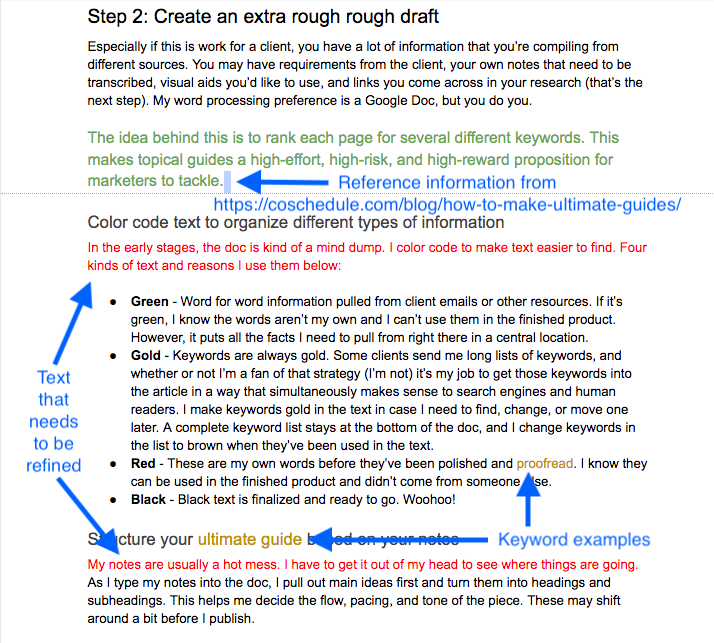How to Guide: A Comprehensive Resource for Effective Problem-Solving
How to Guide: A Comprehensive Resource for Effective Problem-Solving
Blog Article
Just How to Develop an Extensive Budgeting Plan to Achieve Financial Stability and Control Over Your Costs
Developing a detailed budgeting plan is important for attaining monetary stability and maintaining control over expenditures. It begins with a thorough evaluation of your existing financial landscape, which consists of assessing revenue and expenses. This structure permits the formulation of wise economic goals, guiding efficient decision-making. Creating a structured budget plan structure can delineate crucial from discretionary expenses. The trip does not end there; the ongoing adjustment and tracking of your budget are crucial for lasting success. Comprehending the nuances of this process can dramatically affect your economic trajectory and lifestyle choices.
Examine Your Present Financial Situation
To successfully develop a budgeting strategy, it is vital to thoroughly analyze your current economic situation. It is critical to determine your complete monthly revenue accurately, as this number will certainly direct your budgeting choices.
Set expenses, such as rent or home mortgage settlements, insurance, and utilities, stay continuous each month. In comparison, variable expenditures, like grocery stores, entertainment, and discretionary spending, can fluctuate.
In addition, consider any arrearages, consisting of credit scores card balances, trainee loans, and personal lendings. Understanding your obligations is crucial for creating a strategy to handle and minimize them successfully. By performing a thorough assessment of your economic scenario, you can develop a strong groundwork for your budgeting plan, ultimately leading to boosted financial security and control over your expenditures.
Establish Clear Financial Goals
Regularly establishing clear monetary goals is important for effective budgeting and long-term financial success. Defining specific, quantifiable, achievable, pertinent, and time-bound (WISE) goals allows individuals to create a roadmap for their economic trip. These goals can encompass numerous facets of personal finance, consisting of conserving for retired life, buying a home, or paying off financial obligation.
To begin, analyze your concerns and identify temporary, medium-term, and long-lasting objectives. Short-term objectives may include developing a reserve or conserving for a getaway, while medium-term goals might involve conserving for a car or moneying a child's education and learning (How to guide). Long-term objectives generally concentrate on retirement savings or riches accumulation
Following, evaluate your goals to provide clearness. For example, rather than aiming to "save even more money," specify "save $10,000 for a deposit by December 2025." This degree of specificity not just enhances motivation yet also helps with measurement of progression.
Last but not least, frequently review and change your economic objectives as situations alter. Life occasions such as work changes, family development, or unforeseen costs can influence your monetary scenario, making it crucial to stay flexible and responsive to attain continual financial security.
Develop Your Budget Plan Framework
Developing a spending plan structure is a fundamental action in bringing your economic objectives to fruition. A well-structured budget framework works as a blueprint for managing your earnings, costs, and cost savings, permitting you to straighten your spending with your monetary goals.
Begin by classifying your costs into discretionary and crucial categories. Crucial expenditures consist of needs such as real estate, utilities, grocery stores, and transportation, while optional expenditures incorporate entertainment, dining out, and luxury products. This classification aids you prioritize your costs and recognize areas where modifications can be made.
Following, identify your income resources and determine your complete month-to-month income. This must consist of earnings, side jobs, and any kind of passive earnings. With a clear picture of your income, you can designate funds to each cost group much more successfully.
Include savings right into your spending plan structure by reserving a particular percentage of your revenue. This will aid you construct an emergency fund and click here for info contribute to long-term monetary goals. A strong budget framework not only provides clearness on your financial circumstance but additionally empowers you to make educated decisions that promote economic stability and control over your expenditures.
Monitor and Readjust Frequently
Surveillance and adjusting your budget plan is Home Page crucial for keeping financial wellness and making sure that your spending straightens with your developing objectives. Consistently evaluating your spending plan allows you to identify disparities in between your intended expenditures and actual investing. This practice assists you remain conscious and liable of your economic scenario.
Begin by setting a constant routine for budget plan reviews, whether it be regular, regular monthly, or quarterly. Throughout these reviews, examine groups where you might be underspending or spending too much. This analysis can expose patterns that require changes in your budgeting strategy. How to guide. As an example, if you consistently overspend in discretionary categories, it might be time to minimize those allotments or locate means to cut down.
Remember, a budget plan is a living file that need to progress with your economic conditions. By proactively keeping an eye on and changing your budget, you can maintain control over your costs and work towards attaining your economic security goals.
Make Use Of Tools and Resources
A vast range of resources and devices can significantly improve your budgeting procedure, making it less complicated to remain and track expenditures on target. Financial management software program, such as Mint, YNAB (You Need a Budget Plan), or EveryDollar, supplies straightforward interfaces for checking income and expenditures in real-time. These platforms usually feature automated tracking of transactions, categorization of investing, and graphical representations of your financial circumstance, facilitating informed decision-making.
Along with software application, mobile applications can use ease and ease of access for budgeting on-the-go. Lots of applications enable the syncing of checking account, ensuring accurate information while providing alerts for upcoming bills or budgetary limits.
Additionally, spreadsheets, such as Microsoft Excel or Google Sheets, can be customized to create a customized budgeting system. These tools make it possible for customers to by hand input information, analyze trends, and project future expenses based upon historic spending patterns.
Lastly, consider leveraging educational resources such as budgeting workshops, on-line programs, or financial blog sites. These resources can grow your understanding of reliable budgeting strategies and assist you make notified choices that align with your economic goals. Utilizing these tools and resources is essential in accomplishing click reference financial security and control over your costs.
Final Thought

By carrying out a thorough analysis of your monetary circumstance, you can establish a strong groundwork for your budgeting plan, inevitably leading to enhanced financial security and control over your costs.

By analyzing the existing economic scenario, establishing clear economic objectives, and developing an organized spending plan structure, people can efficiently designate sources. Utilizing monetary monitoring devices further enhances the budgeting procedure, eventually leading to enhanced financial control and stability.
Report this page